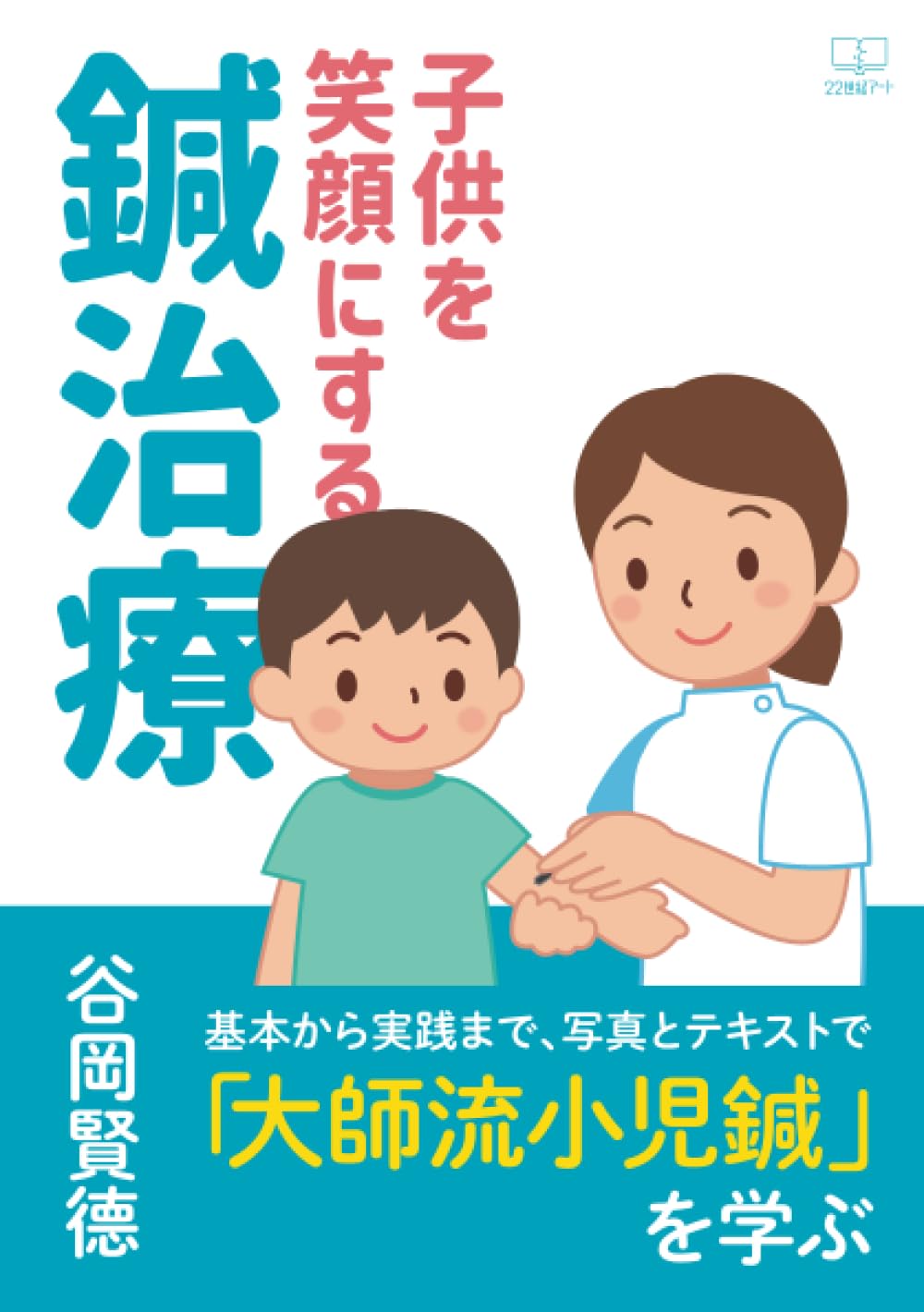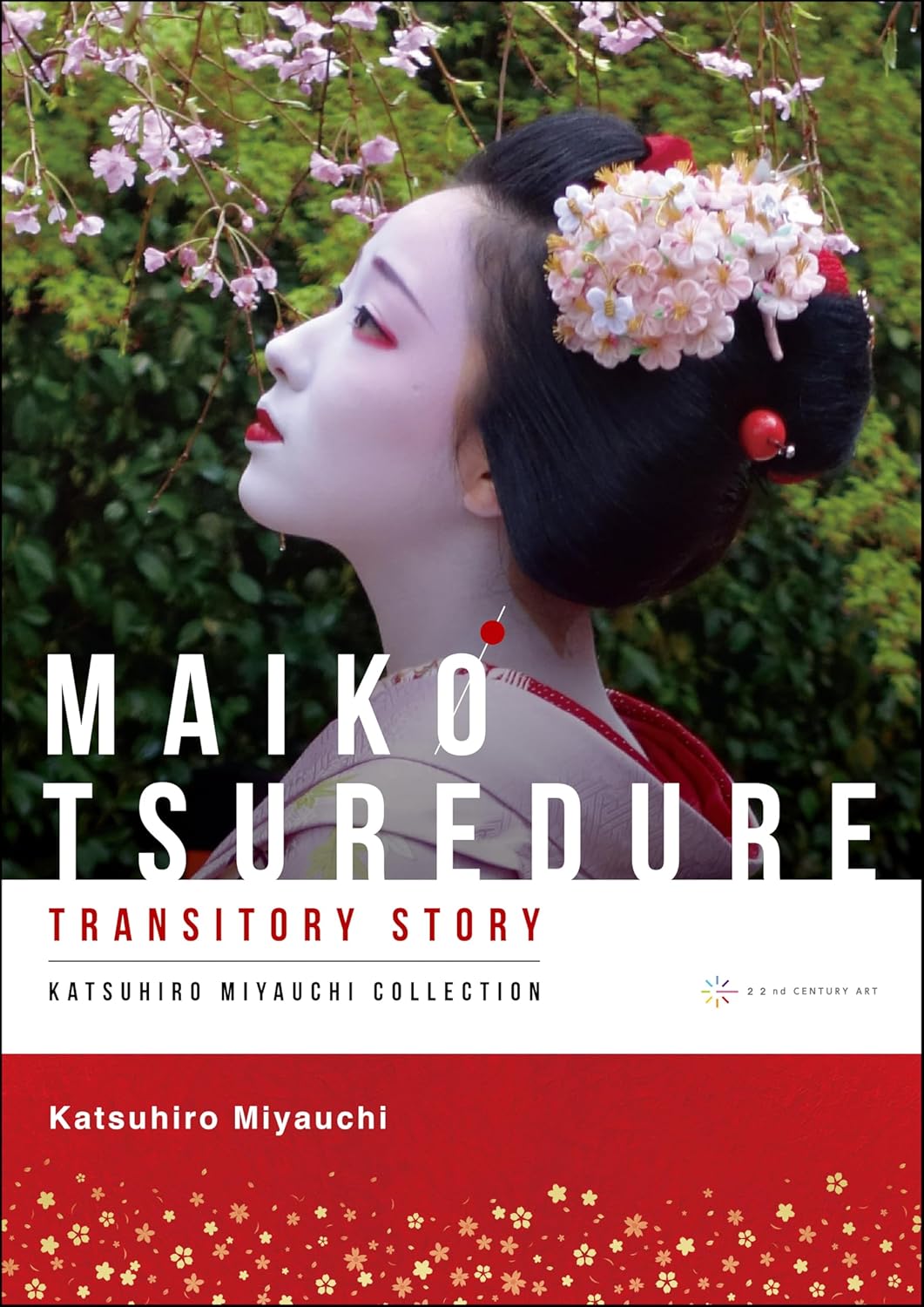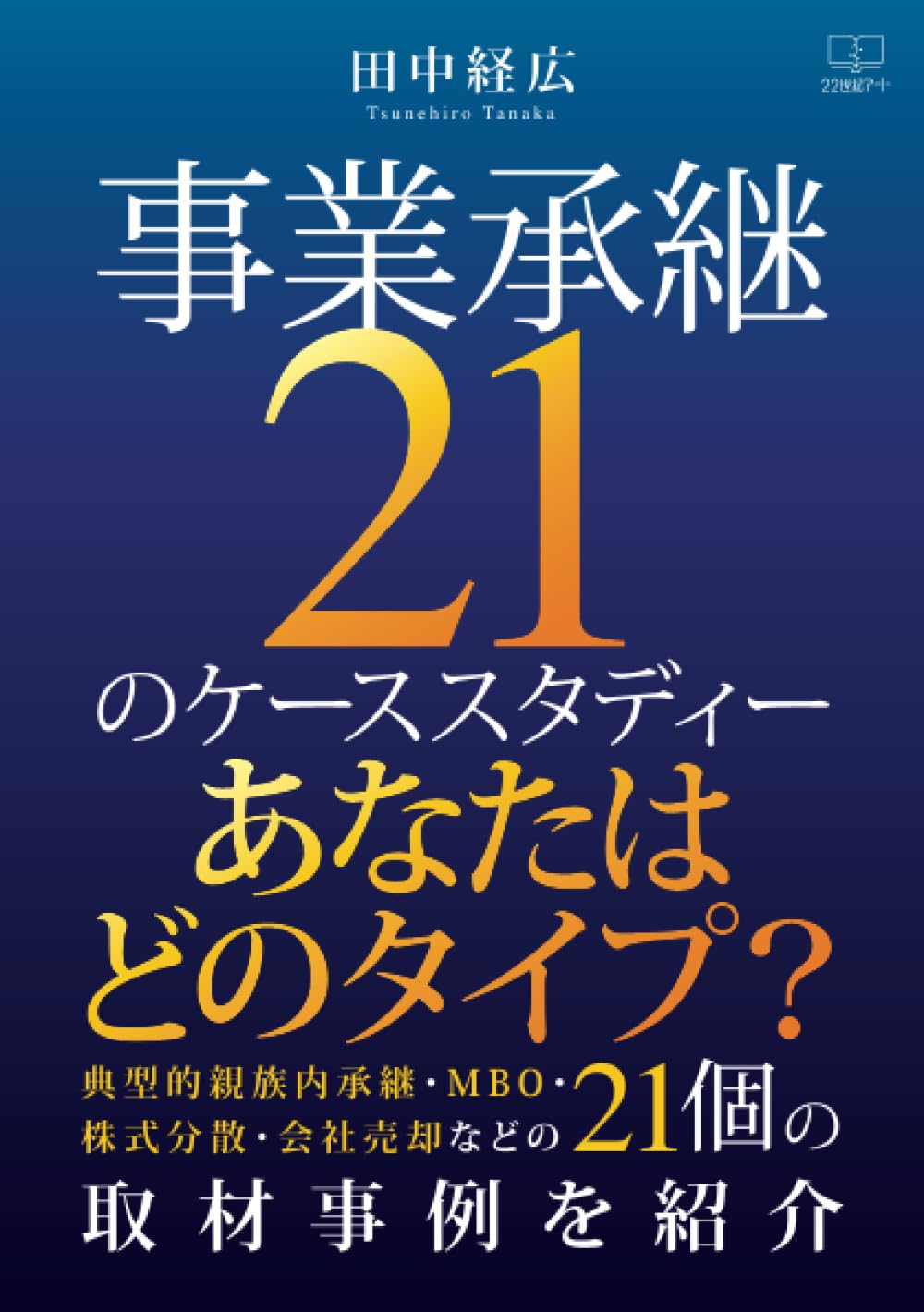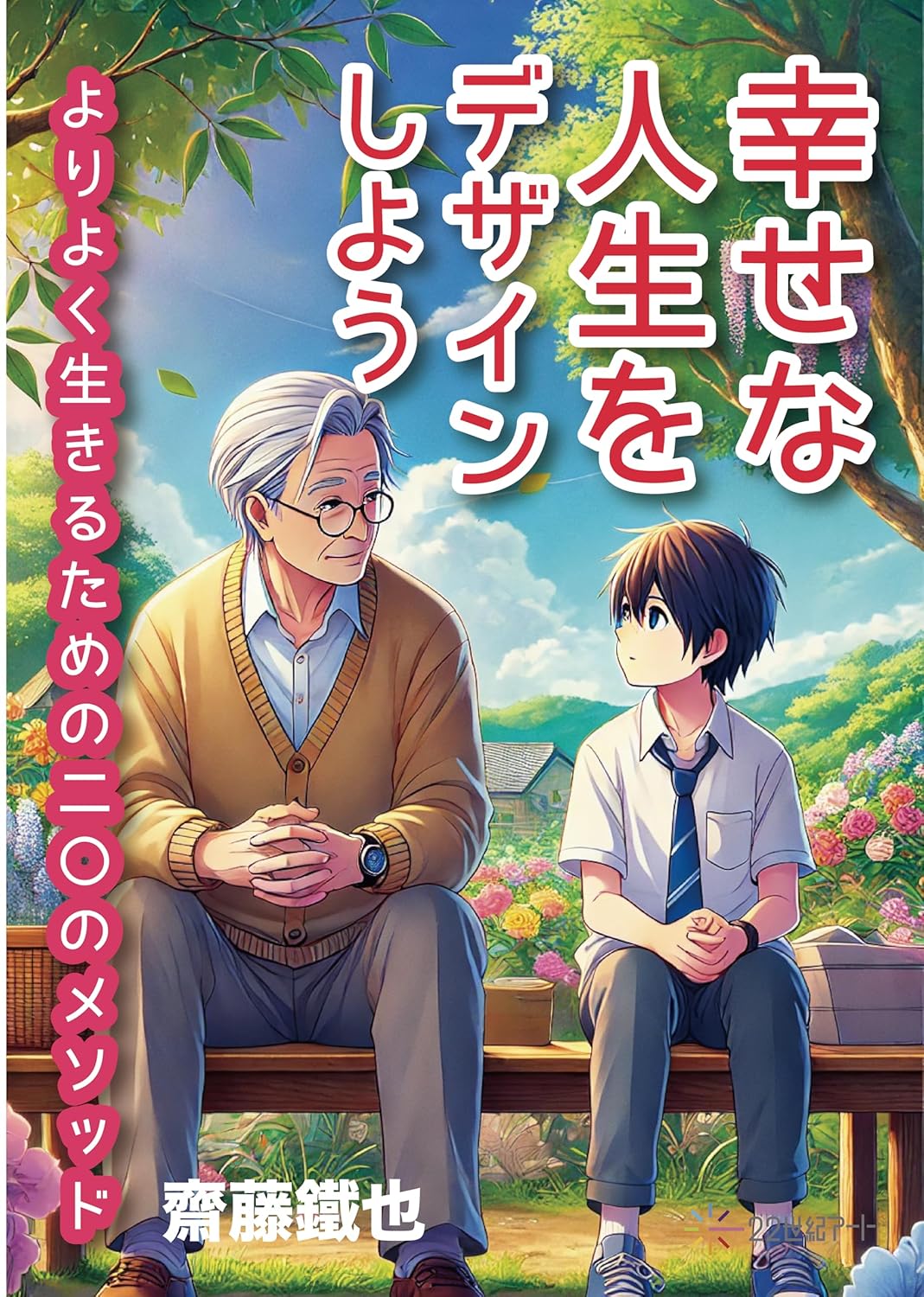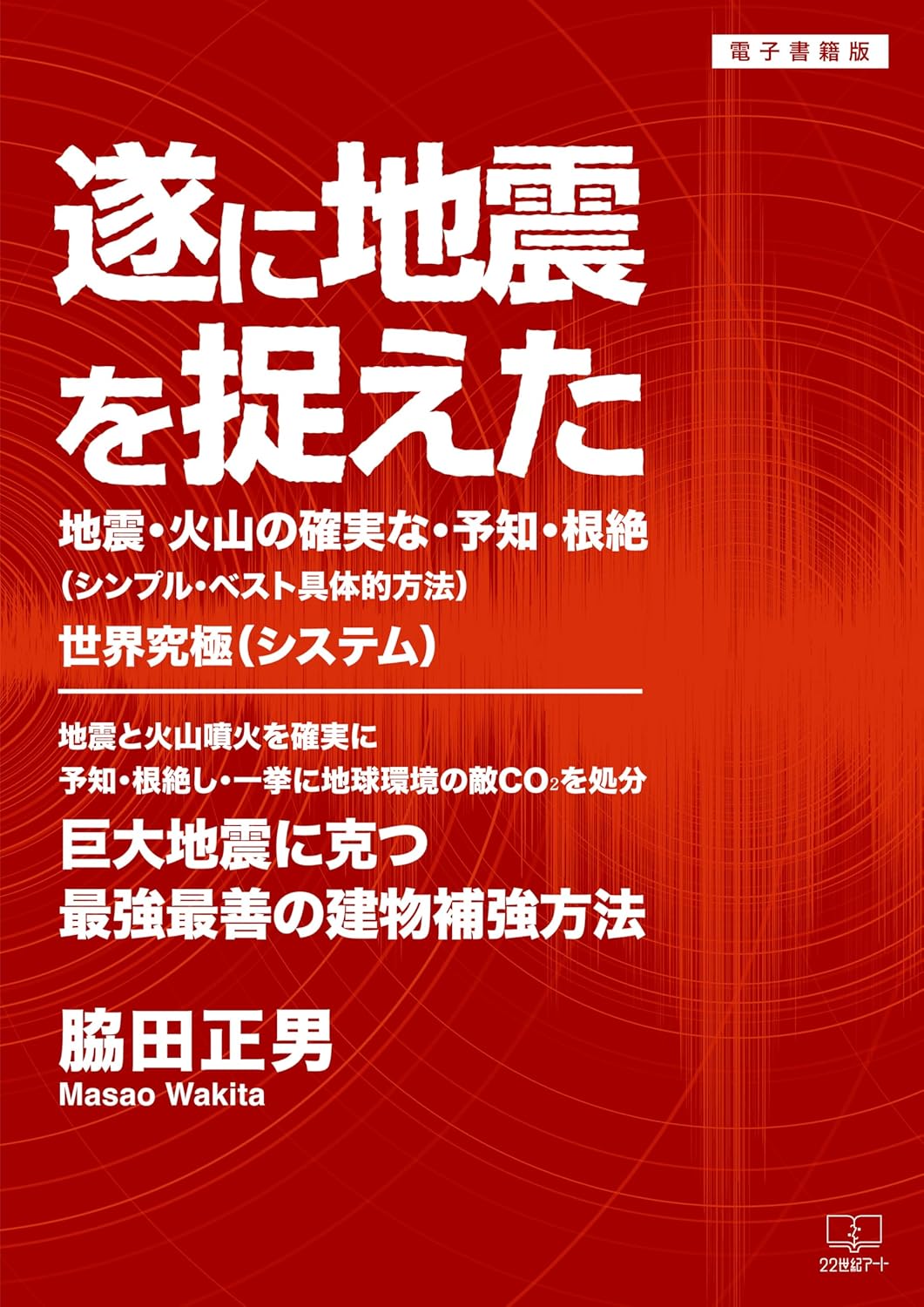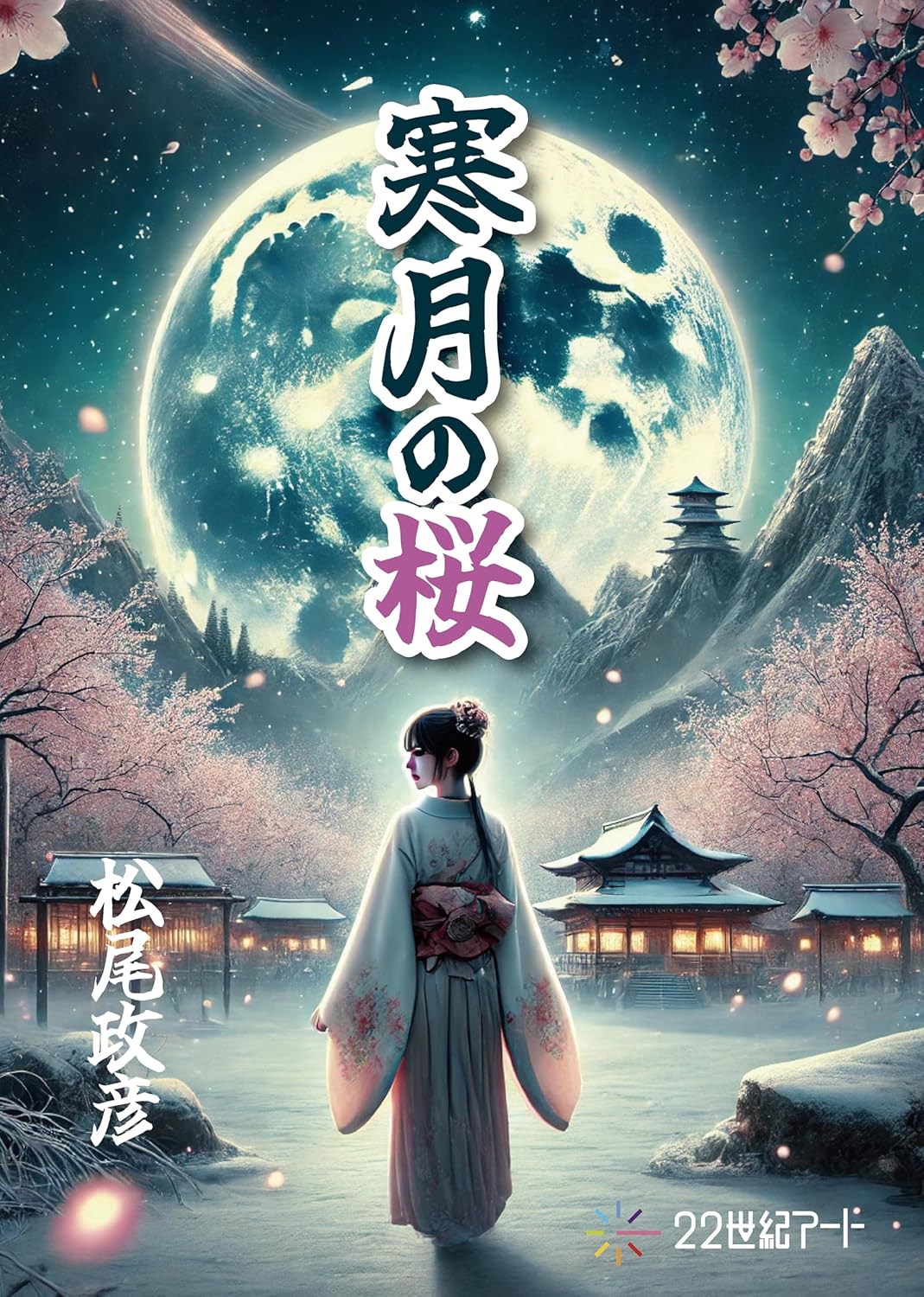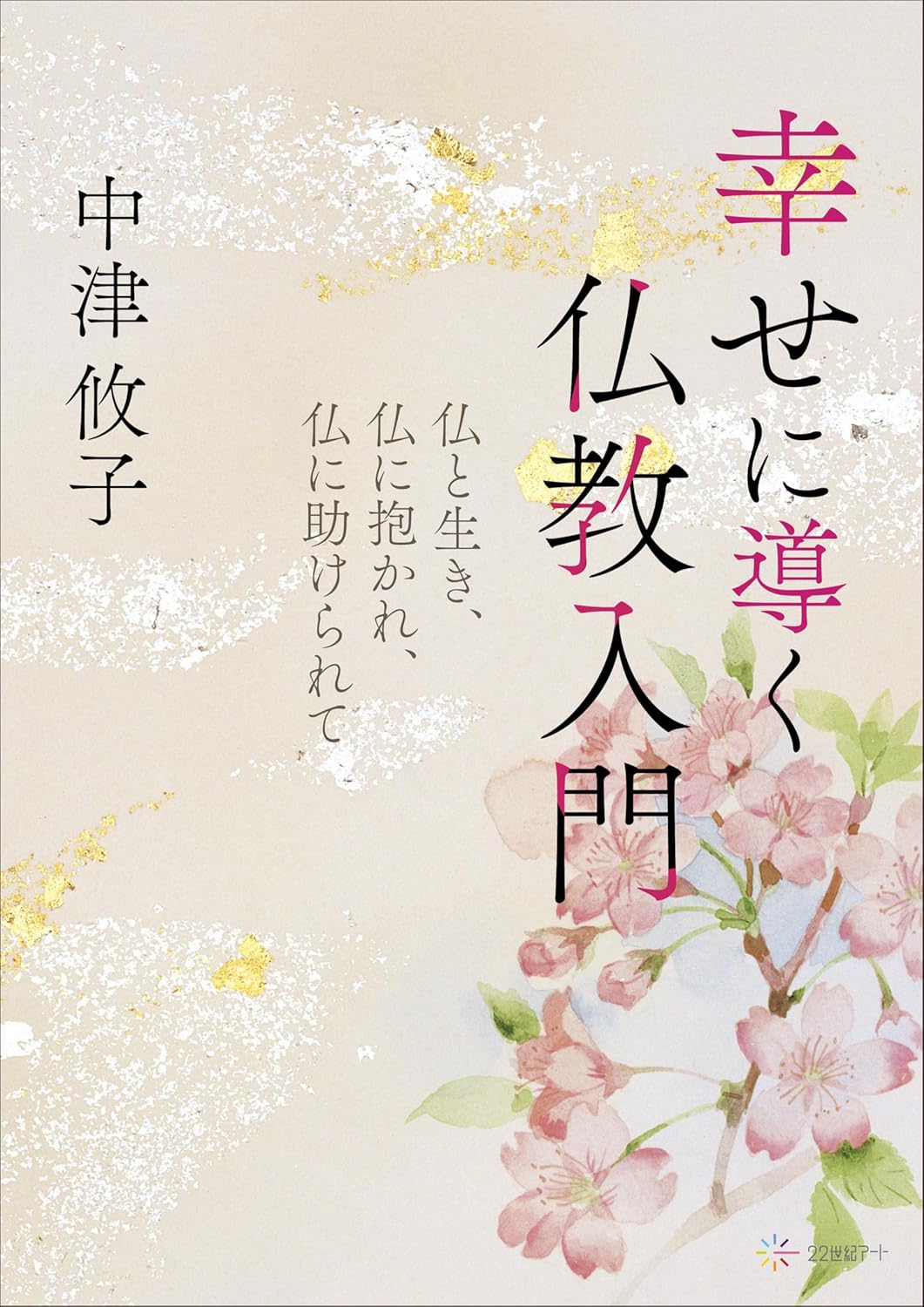
Sky over Surugadai was dark
(著) 神原崙
Amazon作品詳細
When I read “Sky over Surugadai was dark”, I had a feeling of deep heart bonds with an author who was a student and was sent to war almost in the same period as me.
And I think that Mr. Kambara is an absolutely lucky man, who was saved by God. Entering South Korea on military train leaving battle fields behind after the war is over, leaving Busan port and reaching homeland in Japan is luck one person out of ten thousands had. This time I was participating in battles on Borneo in Indonesia, killing lots of people, and I was lucky too to stay alive - it made me feel how miserable human destiny can be.
God lightened Mr. Kambara’s way warmly. I read this book, thinking that Mr. Kambara’s luck is a God’s gift, and also that this is all due to his kind personality. Therefore I’m sure it’s absolutely necessary for Mr. Kambara to live a long life for the sake of this world and for the sake of all people.
--- Former Minister of Law Affairs Yukio Hayashida
Memorable year of 1943!
On April 1st of that year, me and the author, Kambara Takashi entered University C. In October that year, almost all students who were going to graduate departured to the front. Gorgeous departure ceremony was held in a university hall. People who were leaving and people who were seeing them leave were in the same miserable mood.
In May of the following year, probationer officers of army special pilot devision departures to the front. Kambara chose that course saying that if he’s going to die anyway, let it be beautiful death. This course supposed getting on military planes and bombing planes, so it was popular among students in these times. But the examination was tough. Ceremony of the departure was held on a square in front of Ueno station, with all the universities participating. Of course I was also there to say good bye. Student who were going to the front made a horse shape with their bodies holding to watch other by three people in a group, and the one who was on the top was helming a military sword in his left hand and weaved his right hand, shouting. We were also screaming “We’ll follow you soon!”
Since the following year, almost every month people were going to the front as a pretenders for special army division. I also went to front. In 1944, fewer and fewer students were in the campus. And at last, there was not a single student in C university. Instead, an army unit started to use the campus as a military base. Soldiers were standing in raws in school yard, and classrooms were used for psychological lectures. I knew that when I came to see the C university campus after joining the army. Once when I was let to go out, I went to Jimbocho to music cafe called Empress to listen to Beethoven. Young soldier was sitting next to me. From his words I understood that he was also from C university. We decided to go to see the campus together, entered the territory and walked around the classrooms. The classroom I was studying at was occupied by soldiers. I couldn’t stop tears falling from my eyes.
These times, students loved reading philosophy books “Investigation of Kindness” by Ikutaro Nishida, “Departing with love and consciousness”, “Priest and his pupil” by Hyakuzo Kurata. But there were no answers there to the questions - why do we go to the front and why do we die. Students had to find the answers by themselves. Sky over Surugadai was dark indeed. I think this great book was written for young people who don’t know war. I advise young people to read it.
--- Toichiro Kikawa
新刊情報

